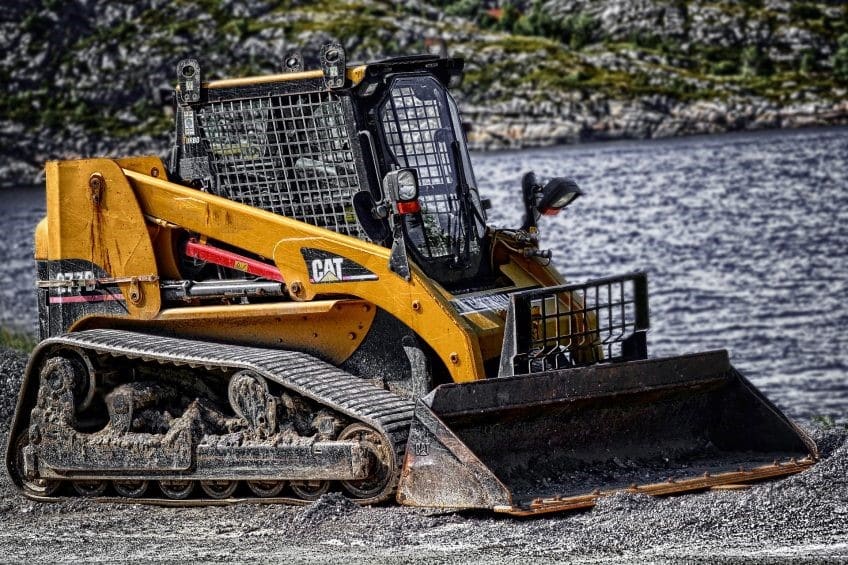Walmart Internal Safety Rules Do Not Create Legal Duty But Are Evidence of Negligence
Personal InjuryThe case of Wal-Mart Stores, Inc. v. Sandy Wittke, 2D15-4099 (Fla. 2d DCA, October 21, 2016) held that a violation of Walmart’s own safety procedures does not create a per se legal duty. Instead, a violation of internal safety rules can be evidence of negligence if the case is tried before a jury.
At the original trial of this case, the jury returned a verdict in favor of Walmart. The plaintiff, Ms. Wittke, then requested that the trial judge give her a new trial because evidence was presented that showed that Walmart violated its own safety procedures. The trial judge gave her a new trial and Walmart appealed.
Facts Of The Case
In the appeal, Walmart’s lawyers argued that failure to follow safety policies and procedures does not require a finding of liability against the company and that it was error to grant a new trial to the plaintiff. Relying on other precedent, the appeals court held that a “party’s internal rules does not itself fix the legal standard of care in a negligence action…” Further, “while a written policy or manual may be instructive in determining whether the alleged tortfeasor acted negligently in fulfilling an independently established duty of care, it does not itself establish such a legal duty vis-a-vis individual members of the public.” The court went on further to say that “evidence that the rule was violated is not evidence of negligence unless and until the jury finds that the internal rule represents the standard of care.” Thereafter, the Second DCA reversed the trial court and reinstated the defense verdict for Walmart. A closer look into the evidence shows us that Ms. Wittke acknowledged that “It’s my fault” and that she “shouldn’t have been running in the rain.” Surveillance video at the store showed Ms. Wittke fall in an area where two fans and a large yellow warning cone marking the wet floor was located.
What Is Evidence Of Negligence Anyway?
The part about this judicial opinion that bothers me is not that the jury did not find Walmart legally responsible despite evidence that it did not follow its own safety rules and procedures. Instead, the part about a violation of a safety rule “is not evidence of negligence unless and until the jury finds that the internal rule represents the standard of care” is troubling. In order to be admissible evidence in a court of law in the first place, the evidence itself must be “relevant.” In legal terms, “relevant” evidence must either tend to prove or disprove a material fact in the case. Therefore, if the violation is not “evidence of negligence” “unless and until” decided by a jury, then it should be asked whether the “violation of the rule” should even be permitted in the first place.
Play On Words
My opinion of this issue is that it is nothing more than a simple “play on words.” If a company violates its own safety rules, then that fact should be presented to the jury as evidence of negligence and the jury simply decides whether they are moved by that evidence. In other words, if the company’s safety rules say that workers who clean up spills have to wear yellow shirts but the worker who actually cleaned up a spill was wearing a blue shirt, then the jury gets to decide whether the color of the worker’s shirt matters in causing the injury.
Florida Slip and Fall Cases Are Tough But Not Impossible
It is unfortunate that there are bad people in the world that we live in. Some of those bad people lie, steal, and cheat and use lawsuits to further their means. While this is certainly not right, there are people who are legitimately hurt because the floor was neglected. My take on this issue is that if the circumstances of the injury are credible and the incident violates the sensibilities of the public at large, then juries will usually do the right and find for the plaintiff. On the other hand, if the circumstances of the injury were questionable, such as in this case where the plaintiff was running in the rain, then common sense tells you a jury isn’t likely to award you money on your case. A common sense approach to litigation is usually a good one.
Call a Lakeland Slip and Fall Attorney To Discuss Your Case
If you fell at a store and got hurt, call a Lakeland slip and fall attorney to discuss whether you have a good case. With slip and fall cases, there is usually some degree of comparative fault on the part of the person who fell. This may or may not be a big deal depending on the circumstances. If you have been injured in a slip and fall incident, you want an attorney who will give you an honest evaluation of both the pros and cons of bring a lawsuit.


